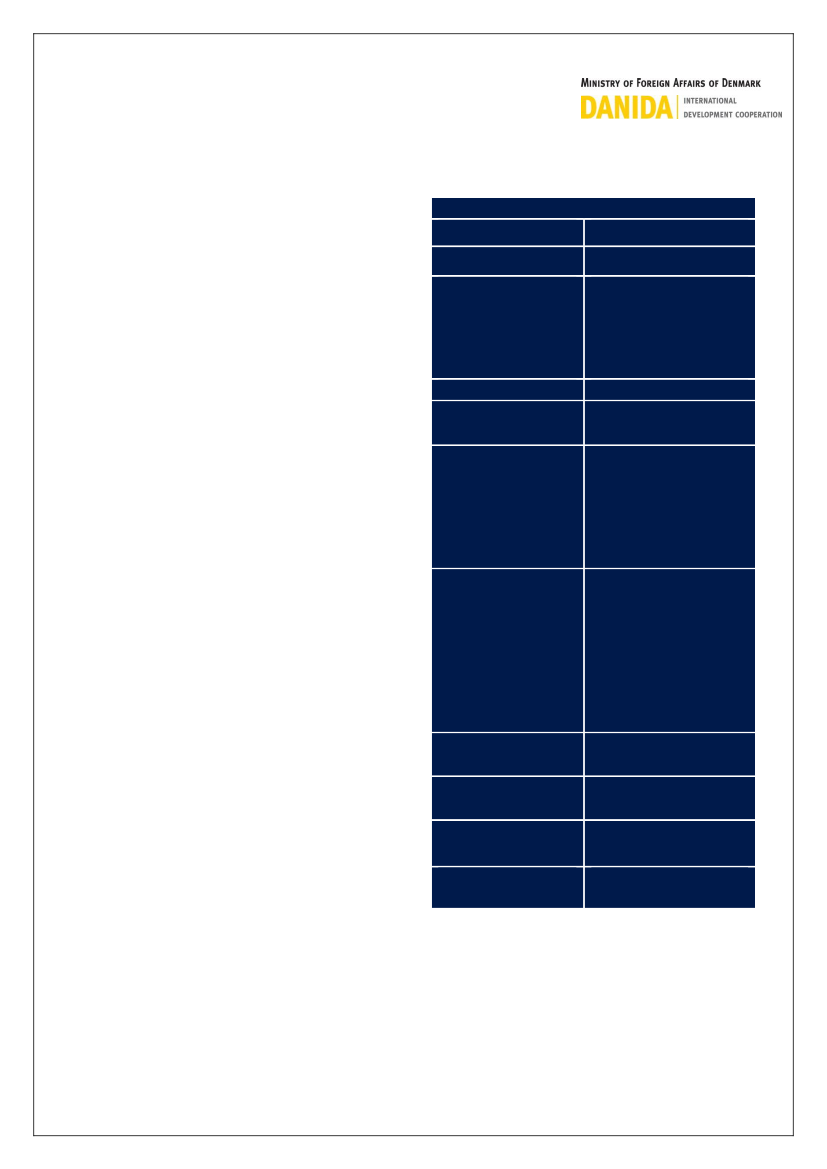
Organisation Strategy (light) for
Denmark’s
engagement with WHO
2014-2019
The work of WHO
The World Health Organization (WHO) is
the United Nations specialized agency for
health. It provides leadership on global
health issues, including pandemics, and is
responsible for developing the global health
agenda by setting norms and standards,
providing evidence-based policy options,
monitoring health trends and through the
provision of technical assistance to member
states.
Denmark supports WHO with voluntary
funding because
It plays an invaluable role as the key
normative body in relation to global
health issues and as effective leader
and coordinator in respect of
pandemics
Its work is a prerequisite for the
work of UNFPA, the Global Fund,
UNAIDS and other organizations to
which Denmark is a major
contributor
Key challenges for WHO
Health in the Post-2015 framework
A rights based approach, including
dealing with the LGBT agenda
Denmark will expect WHO to
Continue its reform process,
including full alignment between
programme and funding
Focus on health system
strengthening
Focus on the mainstreaming of
gender, equity and human rights
Denmark will follow-up by
Monitoring Danish priority areas
based on WHO’s own framework
Undertaking a midterm review of the
Danish Organisation Strategy
Established
HQ
Regional offices
WHO
1948
Geneva
Copenhagen
(European region),
Washington, Manila,
Cairo, Brazzaville,
New Delhi
150
Approx. 8.000
Country Offices
Human Resources
Approx. 4 billion
USD, of which
Financial resources, approx. 1 bn. in
USD mil. (2014)
assessed contributions
and 3 bn. in voluntary
contributions
2014:
Assessed: 23 million.
DKK (4,3 mill. USD
Denmark’s
– Ministry of Health)
contribution
Voluntary: 30 million
DKK (5,6 mill. USD
– Ministry of Foreign
Affairs)
Executive Director Dr. Margaret Chan
(China)
World Health
May
Assembly
Executive Board
January
(EB) Sessions
May
Denmark member 2006-09 (Ministry of
of EB
Health)